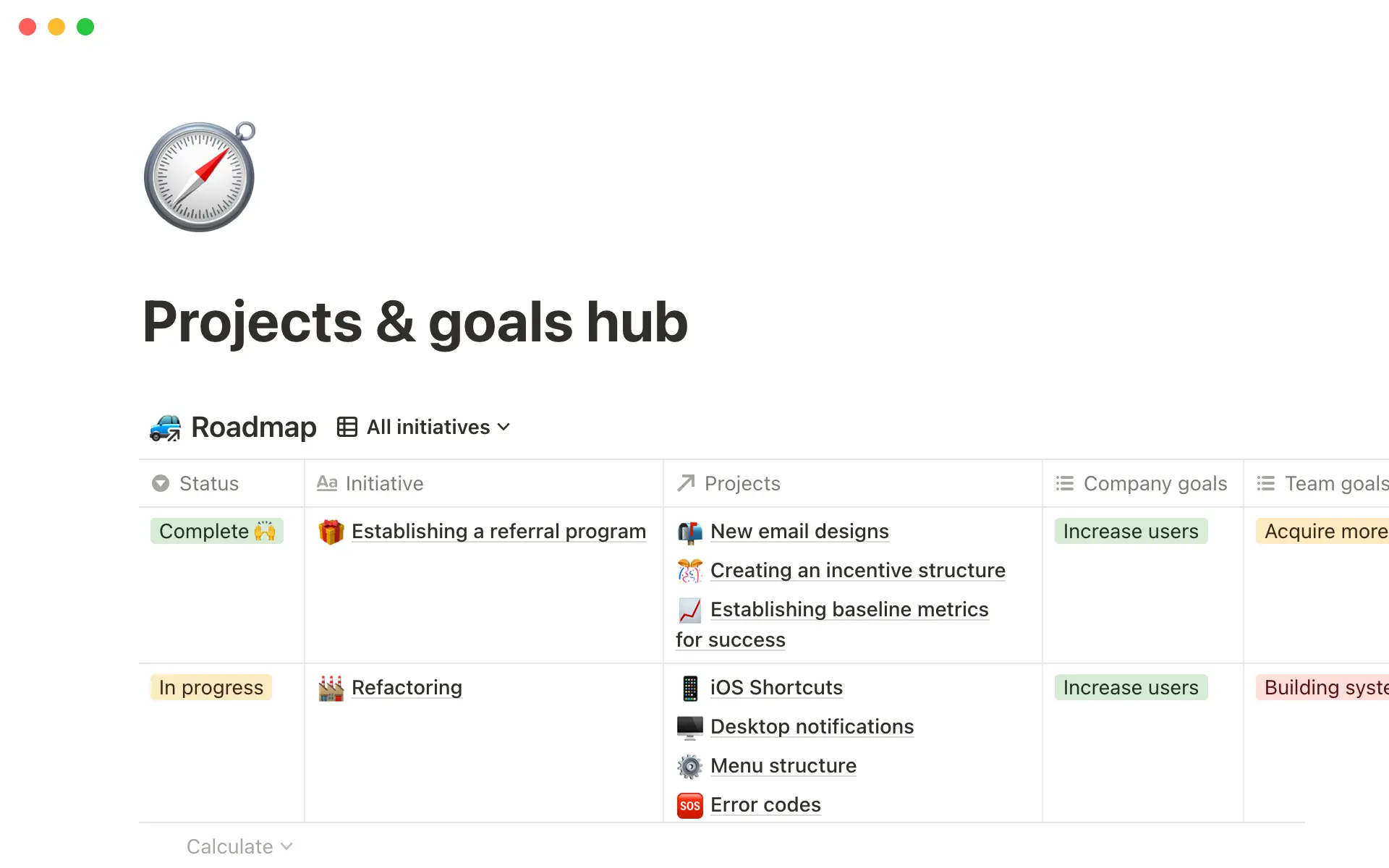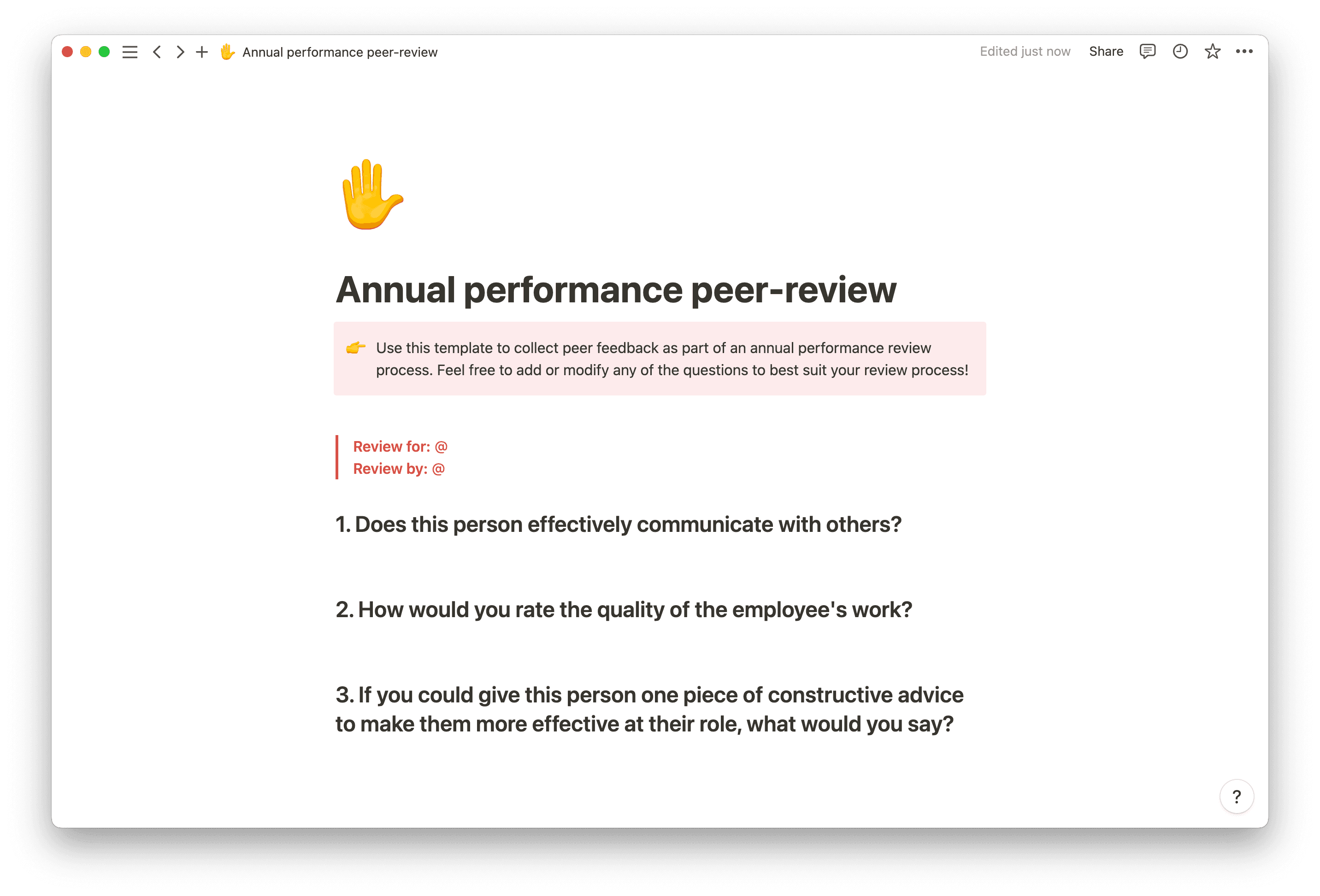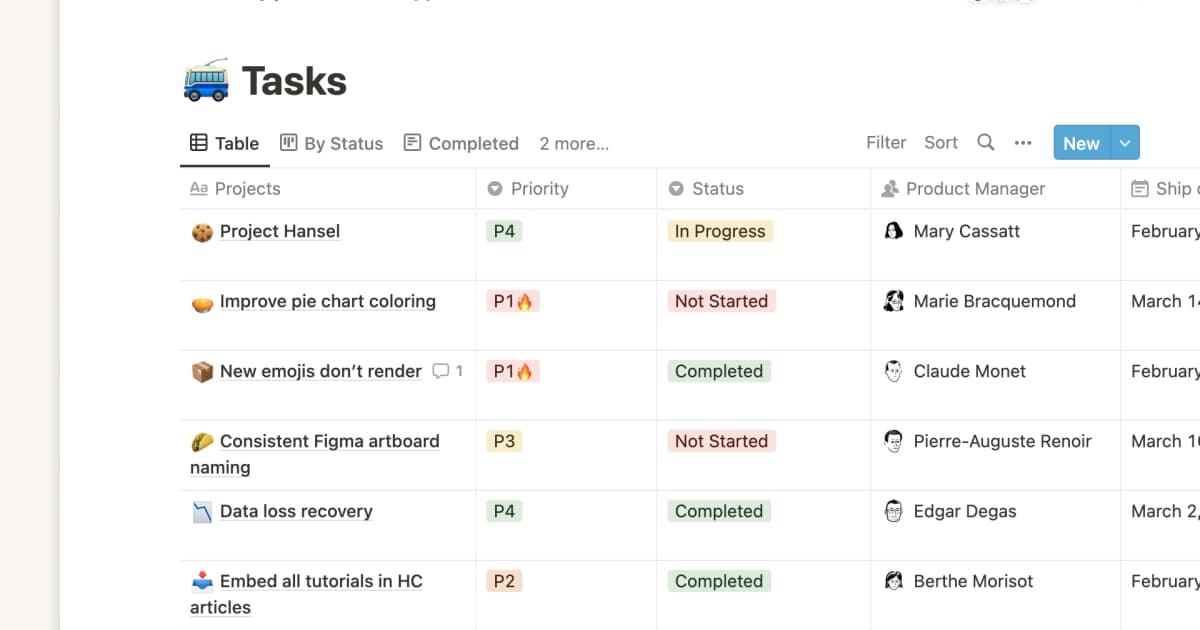Leadership skills aren’t inherent — they’re practiced.
With enough time and effort, you can learn to effectively organize tasks, motivate a team, and even be patient.
This is great news, since acquiring these management skills directly influences your team and employer’s future. Employees must clearly understand expectations and feel motivated to complete work in order to achieve task completion and project success.
What are management skills?
Management skills are the abilities that help individuals lead a team. Some common examples are:
Effective communication
Motivational
Time management
Active listening
Delegation
Skills like these help you effectively lead a team toward shared goals. You must know how to effectively communicate clear instructions and encourage employees to work hard to follow them within a set time frame. And listening attentively ensures you catch and can deal with roadblocks and potentially unsatisfied employees and customers. Delegation is also crucial, since you’re typically in charge of distributing work — even your own if you’re at maximum capacity.
Different types of management skills
No matter the traits you’re hoping to acquire — or already excel at — most leadership skills fall into the following three categories, some of which might be more valuable in your industry than others:
Technical skills — also called “hard skills,” these relate to your understanding of industry-specific tools and technology. Some examples include proficiency with a coding language and knowing how to use a piece of physical equipment.
Conceptual skills — these help you critically think through ideas and see the bigger picture when considering a highly complex situation. Both creative and strategic thinking are examples of this skill type.
Interpersonal skills — these are soft skills you express when interacting with others, like communication, conflict management, and teamwork.
6 must-have management skills
Below are six crucial conceptual and interpersonal management skills for effectively leading a team. This list doesn’t include technical skills, as your specific role will dictate the most important ones to perfect.
1. Time management
As a manager, project work success typically falls on your shoulders. You must ensure your team is efficient and effective, which requires excellent time management.
To develop this skill, try:
Setting realistic goals by assessing team limitations and understanding your available resources
Prioritizing tasks based on importance and urgency
Delegating effectively by determining which team members are most suited to accomplishing specific tasks
2. Clear communication
Perhaps the most crucial management skill, you must be able to persuasively share ideas, clearly articulate expectations, and empathetically offer feedback. Working on this skill also reduces misunderstandings that could cost the company time and resources.
Here are a few ways you might develop this skill:
Practice your public speaking skills with a coworker or mentor
Attend workshops
Ask direct reports for feedback on your communication skills
3. Problem-solving
As a manager, you’re the go-to contact when employees can’t resolve an issue. To keep project work moving along, you must know how to make thoughtful yet quick decisions. And to free up some of your time, you also want to teach — whether directly or by example — direct reports to be resourceful enough to solve problems independently.
Here are a few ways to develop your problem-solving skills:
Create deadlines for making decisions
Find an evaluation method that works best for you, like writing a pros-and-cons list or creating a SWOT analysis
Accept input from employees with more subject matter knowledge than you
4. Accountability
Much like meeting deadlines falls on you, you must also take responsibility for overall team output, including the decisions you and your direct reports make and deliverable quality. Showcasing accountability also encourages this trait in your team, meaning everyone feels responsible for delivering excellent work.
Try the following methods for fostering this skill:
Own up to your mistakes and outline what you’ve learned in front of leaders and your team
Use active language structures like “I will complete [insert task] by [date]” instead of passive constructions like “[Insert task] will be done by [date]” to express ownership
5. Delegation
Effectively delegating work — whether that’s tasks to teammates or items you can’t manage to fellow leaders — combines your effective communication, problem-solving, and time-management skills. You must also be intuitive enough to understand everyone’s strengths, weaknesses, and bandwidth limitations to delegate well.
When done right, you and your team avoid burnout while meeting deadlines and effectively using resources.
Here are a few ways to practice this skill:
Self-reflect to understand your boundaries, delegating work when you’ve reached them
Check in with your team frequently to understand where they’re at in task work and whether they have the bandwidth to take on more
Get to know each employee’s strengths and weaknesses, finding ways to leverage the former while also intermittently assigning work that helps them improve the latter
6. Strategic thinking
Strategic thinking helps you align everyday work with overarching company goals. You see how you and your team fit in with the bigger picture and ensure every short-term objective relates to this broader vision.
Here are a few ways to become a more strategic thinker:
Thoroughly research long-term company objectives, asking higher-up leaders for their insights if possible
Analyze business and market-relevant data to gain an even broader understanding of the company’s trajectory
Keep a bullet-notes list of a few crucial company goals and values in sight when creating team and project plans
General tips for improving your management skills
Even if you possess the skills listed above, the greatest management skill of all is having a growth mindset. You must be prepared to constantly improve to meet new and unexpected management challenges.
Here are a few ways to foster your leadership qualities.
Focus on continuous learning
Watch for and welcome opportunities for growth. This might involve the following methods:
Frequently checking in on new industry-specific technologies and enrolling in courses to acquire these skills
Attending leadership workshops and seminars
Reading books or listening to podcasts about management
Asking a workplace leader to mentor you
Seek feedback
The best leaders understand that nobody’s perfect — there’s always room for growth. Seek feedback from your manager, team, and even higher-level leaders. Push for constructive criticism alongside areas where you excel to ensure you walk away from the conversation with homework.
Take inspiration from fellow leaders
Watch how other managers lead their teams, noting the traits and practices you admire and those you don’t. This reflection helps you determine the kind of leader you want to be so you can then build an improvement plan to get there. And you might even directly ask managers you admire for tips on their process or whether they’d be open to auditing a meeting or two of yours to provide you with feedback.
Build trust with your team
A team that trusts you feels confident that your strategic thinking, delegation, and time management skills will lead them to success. And this trust also means they’ll feel more comfortable coming to you about concerns and delays.
Teammates also need to trust each other to feel confident everyone will complete tasks on time and comfortable sharing their ideas with the group.
Here are a few ways you might build trust with your team:
Honor your commitments and hold teammates accountable to theirs
Admit when you’re wrong and encourage others to do so
Conduct brainstorming sessions where you encourage everyone to speak up, always positively accepting every idea even if it isn’t the solution you choose to implement
Host team-bonding exercises that focus on building team trust
Stay on top of your management game with Notion
Employing great management skills is a win-win for everyone. You gain a happier team, the employer enjoys increased productivity, and your teammates benefit from working with a manager who has their back.
Use Notion’s templates to streamline your management processes, like the performance improvement plan document to promote employee growth and the team leader template to organize management documents. Or search the template gallery to find something that perfectly suits your needs.







